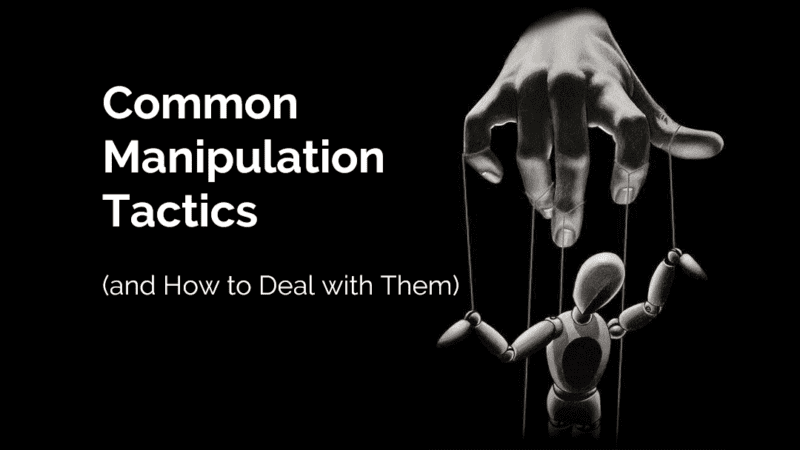Recently, my friend’s teenage daughter, Angie, began dating a psychopath, and everyone thought he was the greatest guy in the world.
Their relationship didn’t follow the usual patterns. In the beginning, there were no red flags. Instead of pushing for something serious right away, he was very slow in asking her out. They talked after class for months before he even tried.
Because he appeared so respectful of her boundaries, she finally agreed to get together, and he seemed really excited, being open to what she wanted to do, rather than controlling the plans.
He seemed amazing and appeared highly creative, artsy, and funny. He could even carry on a conversation without ever checking his phone!
He was different from other boys his age – sensitive, and such a good listener, paying careful attention to the quirky details of Angie’s personality. She couldn’t believe her good luck!
And, their first date couldn’t have been more perfect. He and Angie had gone to a thrift shop together, taken a walk around the neighborhood, and then gone out for Thai food. The whole time had been spent in animated conversation, and they’d discovered they had even more in common than she’d originally thought.
Angie was over the moon. He had suggested all kinds of creative project ideas for their future time together, and how he couldn’t wait to see her again.
And then, she didn’t hear from him.
After a couple of days had passed, Angie got in touch and asked about getting together for the exercise routine he’d been so enthused about. They made plans for the next day, and he then failed to follow through, canceling at the last moment, and promising to try again the day after.
She didn’t hear from him until much later that day, when he delayed once again, then canceled, saying that his parents suddenly wouldn’t allow him out.
Angie started doubting herself. Had she imagined that this guy actually liked her? Being a teenager, she hadn’t had much experience with boys, but it seemed like he’d been really into her. So why then wasn’t he calling?
A few days later, he walked a significant distance to her house in the rain, and they again had a wonderful time. It felt like a do-over, and Angie was right back into feeling elated and hopeful.
But the hot and cold routine repeated over the next week. Angie began to feel unbalanced: she was either excited or crying because she had no idea if the guy would ever call again.
According to Elinor Greenberg, an internationally renowned therapist and author who posts extensively on Quora, there are usually specific patterns which emerge at the beginning of a relationship which she calls “speed bumps,” signals that a person getting involved should slow down and pay attention to the other person’s personality style, because something about his or her way of interacting might be harmful.
These can include the following:
- If something the person says seems very strange to you, yet you feel yourself wanting to ignore it
- If you are normally not sensitive, but a joke the other person makes offends you
- If you feel like there’s something you want to say, but find yourself hesitating because you’re worried that the other person might get upset or angry
- If the other person keeps repeating lots of stories about themselves, without really showing interest in you
- If the conversations usually feel one-sided and you feel ignored
- If you find yourself giving in to whatever the other person wants because you don’t want to fight
Unfortunately, Angie’s new beau did not exhibit ANY of these behaviors. He instead asked lots of questions about her and seemed genuinely interested. He made a great deal of effort in paying attention to what she wanted and liked – sometimes. So why were his actions doing such damage to her self-esteem?
Is this topic front and center for you right now? BTGO has an interactive workshop that goes far beyond what we cover in this post. Learn more.
“Creating fear of losing the relationship – and then relieving it periodically with episodes of love and attention – is the perfect manipulation.”
Birch says that intermittent reinforcement is one of the most dangerous types of emotional control over another person, and can be quite common in abusive relationships. The brain’s pleasure hormones respond to positive reinforcement, like the warmth and attention occasionally paid to Angie.
The problem is that an abusive person will escalate the level of control, and the combination of good-bad treatment and a power imbalance could lead to a very unhealthy emotional attachment.
Luckily, Angie’s relationship came to an abrupt end before things grew more serious. The guy mysteriously announced he was moving far away without explanation, and she did not hear from him again.
Angie’s mother was relieved, though deeply concerned. We all want to protect our children – as well as ourselves – from any kind of threat. What can we do then to avoid being victimized by such an insidious type of abuse in the future?
Birch outlines that trust is key, and based on the following three things:
- Predictability – the consistency of a partner’s behavior, which is in stark contrast to intermittent good-bad treatment
- Dependability – the degree to which you trust your partner to be honest and reliable
- Faith – your conviction that your partner will be responsive to your needs, can be relied upon, and be counted on to behave in a kind and caring manner.
She asserts that it is essential not to judge these things by how they were at one time, in the past – but instead to “consider how they are at the present time.” Many toxic people are master manipulators and excel at the ability to gain our trust quickly. Keeping it is a much more difficult task.
Birch says it is necessary to “stay very conscious of the dynamic of the relationship, and of the part you play in it. Be aware that when you feel chronically insecure, heartsick, anxious, or hurt, you can get caught up in the drama caused by manipulation and become blind to the larger dynamics at play.”
We all need to remember that anyone can miss the warning signs at the beginning of a relationship and that, because people are so different, not every red flag will be obvious.
The one failsafe method to know for sure if something is wrong is to pay attention to what’s going on inside of us.
Slow down and check in with how another person is making you feel. If you find yourself on an emotional roller coaster, especially at the beginning of a relationship, it’s often a sign that there may be something seriously wrong.
Editor’s note: If intermittent reinforcement and manipulation are issues in your relationship, and you’d like to know more – especially what you can do about it – consider viewing our interactive workshop, Common Manipulation Tactics & How to Deal with Them, which is available in BTGO’s Sanity School now.






